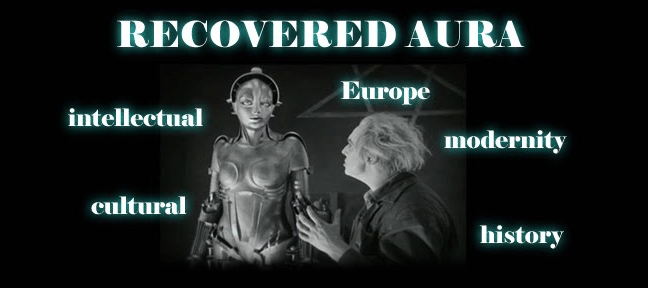Notice the magic circle.
This is a major component of Renaissance and Elizabethan ritual magic. The names of the Christian God (in Hebrew, Greek etc.), angels and other spirits (overseeing different aspects of space like the directions) were written in chalk and other substances on the floor. As long as the magus stood within the circle he was (hopefully) protected from the supernatural forces that he was summoning.
There is a complicated history about how magic gets classified in Christian Europe. By the time of the Renaissance magic was split into natural magic and supernatural (demonic/angelic) magic. There was lots of overlap. Here's the difference. The first, natural, had to do with learning how to control occult (hidden) forces which animate all of nature. Men who studied natural philosophy (what would become science) often practiced natural magic. They had to be very very careful though because supernatural entities (like angels and demons) knew how to manipulate these forces too- as historian of science Lorraine Daston has put it: the demons were the natural magicians par excellence! Thus learning how to work in tandem with supernatural forces could be a short cut to learning the occult secrets of nature. For those of you interested in this drop me an email and I can recommend some good introductory books. The Renaissance is the period when the classifications of science, magic, religion gets very complex and very interesting!
OK gang I went a little bonkers with Faust postings but there's a method to my madness.
One of the things that really gets me going is finding patters of repetition within cultural history- especially a single image, story or motif. Why does this happen? Is it because a particular character, symbol or concept really appeals to people? Or is it just that those within a particular culture are so used to a certain something that they use it as a part of their expressive language without even thinking about it? What is it about the man who makes a pact with the devil that seems to fascinate people so much? Someone told em yesterday that it is Mephistopheles and not Faust that is the really interesting character. Would you agree?
If you're as interested as I am in Faust's artistic manifestations across the last several centuries take a look at Wikipedia's Faust related pages:


No comments:
Post a Comment